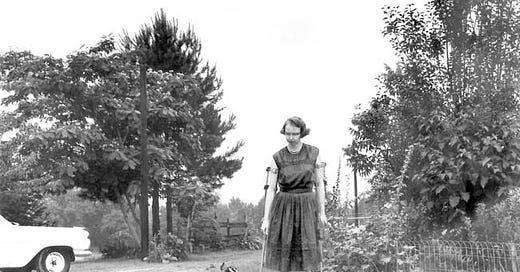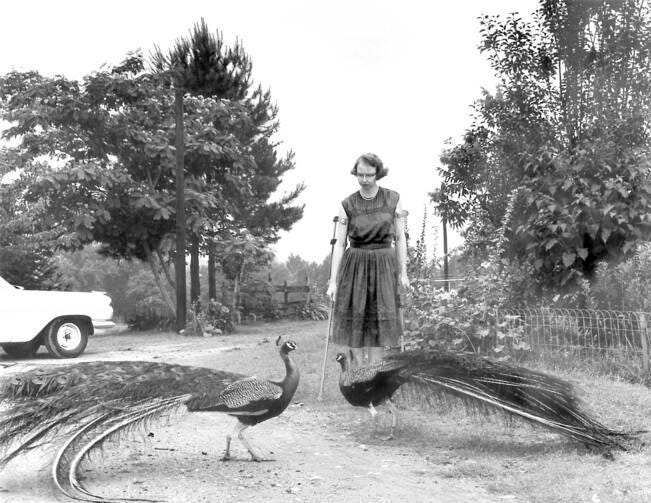Sharp, tangible and brooding, Flannery O'Connor writes excellent short stories. I read A Good Man is Hard to find (1953) in 2011, and Everything That Rises Must Converge (1965) in 2015—so far too long ago to recommend any specific story other than “The River” and A Good Man’s title story, but I think you should read all of them. Dark, ironic comedies set in the post World War II South, O'Connor takes up the mantle of men and women tortured by the un-winnable war between their intractable views and a changing (or unchanging) world. They are aspiring artists, landowners, entrepreneurs and idealists that find themselves often at cross purposes with what they view as a backward society. Usually however, they find the best way to bring the battle to the enemy is to attack those who are closest to them: their family. Very often mothers and sons. Unspoken questions and arguments about race, money, and lineage lead the way. There is also a slightly annoying tendency to bring God into almost every conversation. Sarah said it might be her perception of her South, but it seems a little heavy handed to me. At a denouement O’Connor does not disappoint. They almost occur like scenes from Final Destination. Dropped hints, ironies and veiled allegories stalk these poor unwitting people, often to their violent death. A young boy searches for the heavenly kingdom, an ominously friendly promise, a bull. Many of them have roiling great twists that left me in that rare satisfying daze of a good story. Some left me depressed and angry, wondering if O’Connor enjoys torturing her people. I guess who cares? She can be cruel, but she captures all the weirdness, honesty and tenderness in people, all heavily garnished with what might be called a regional stubbornness.
Discussion about this post
No posts






"Dropped hints, ironies and veiled allegories stalk these poor unwitting people, often to their violent death." – Such a beautifully turned phrase!
Read everything that rises in High School and it was a revelation. Amidst a sea of pretty dull stuff these stories stood out as searching, probing, brutal, violent, untidy and abrupt—as god intended.